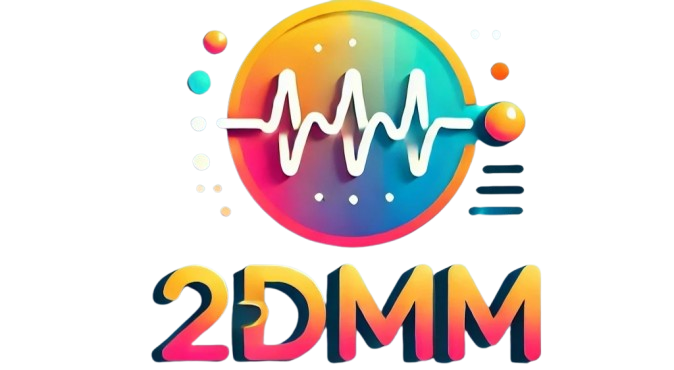Managing ADHD in the Family: Exploring Treatment Options
Attention Deficit Hyperactivity Disorder (ADHD) can affect both children and adults within a family. Although there is no cure for ADHD, various treatment strategies can help manage its symptoms and improve daily functioning.
Adderall and Alternatives
Adderall is a commonly prescribed medication for ADHD, but it’s not the only option. Depending on individual needs and the side effects experienced with Adderall, alternatives such as natural remedies, neurostimulants, and nootropic supplements might also be effective. This article offers a comprehensive overview of ADHD treatments, with a focus on Adderall.
Understanding ADHD
ADHD is a neurodevelopmental disorder that, as of 2023, affects an estimated 6.8% of the global population (approximately 366.3 million people). It is characterized by persistent hyperactivity, impulsivity, and inattention, which can disrupt daily activities and overall functioning.
Typically emerging in childhood, ADHD can persist into adulthood. Common symptoms include difficulty focusing, forgetfulness, impulsivity, restlessness, and frequent interruptions. The impact of ADHD varies: children may struggle with social and academic development, while adults might face challenges in personal relationships and career achievements. With the right diagnosis and treatment, individuals with ADHD can learn to manage their symptoms and lead fulfilling lives.
How Adderall Works
Adderall, a medication used to treat ADHD, influences brain function by increasing the availability of neurotransmitters like dopamine and norepinephrine. These central nervous system stimulants help improve attention, concentration, and impulse control by enhancing the activity of these neurotransmitters in the brain.
While Adderall can be effective for many, its use should be closely monitored by healthcare professionals due to potential side effects and risks. Understanding how Adderall works in the brain is crucial for making informed decisions about its use.
Prescribing and Monitoring Adderall
When prescribing Adderall, doctors consider various factors including the patient’s medical history, symptoms, and potential contraindications. It is essential to ensure that the benefits of the medication outweigh any risks or side effects.
Regular follow-up appointments are vital for assessing progress and adjusting treatment as necessary. Effective communication between patients, families, and healthcare providers helps in customizing the treatment approach to achieve the best outcomes.
Effectiveness of Adderall
Adderall can significantly improve the management of ADHD symptoms by increasing dopamine and norepinephrine levels in the brain. Many people experience enhanced focus, better time management, and improved academic performance as a result. However, it is important to note that Adderall is just one component of a comprehensive ADHD treatment plan.
In addition to medication, behavioral therapy, educational support, and lifestyle modifications play crucial roles in managing ADHD. Since individuals respond differently to Adderall, it should be used only under professional guidance.
Potential Side Effects and Risks
Adderall may cause side effects such as mood changes, insomnia, decreased appetite, and increased heart rate. Being a central nervous system stimulant, it also carries the risk of misuse and dependence. It is important to follow medical advice closely to avoid adverse effects and to maintain regular contact with healthcare providers for monitoring and potential adjustments to the treatment plan.
Exploring Alternative Treatments
While Adderall is a common choice for ADHD management, there are other effective treatments available. Alternatives may include behavioral therapies like cognitive-behavioral therapy (CBT), which helps develop coping strategies and improve executive functioning. Lifestyle changes, such as regular exercise, a balanced diet, and sufficient sleep, can also support symptom management.
Educational support tailored to the needs of children with ADHD can be beneficial in academic settings. Choosing the right treatment involves considering individual needs and preferences, and healthcare professionals can assist in exploring various options to develop a comprehensive management strategy.
Navigating ADHD Treatment
Finding the most effective treatment for ADHD requires a personalized approach. This involves assessing the severity of symptoms, medical history, and lifestyle factors. While medications like Adderall can be beneficial, other strategies such as behavioral counseling, lifestyle adjustments, and educational support should also be considered.
An effective ADHD treatment plan often combines multiple approaches, and ongoing evaluation and consultation with healthcare professionals are crucial for tailoring the strategy to meet individual needs




